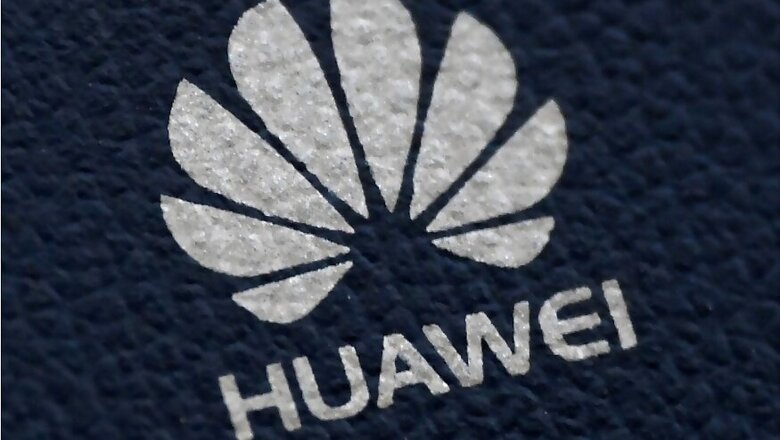
views
Ajit Pai, chairman of the United States Federal Communications Commission, stated that the labelling of Huawei and ZTE as ‘national security threats’ is a key move that has been taken after considering data and submissions collated from all stakeholders, and is one that all allies of USA are being urged to take. In conversation with Zakka Jacob, executive editor of CNN-News18, Pai clarified the scanner that Huawei and ZTE came under in USA, the premise for it, the on-ground repercussions of it in USA, how this may affect India, and also answered questions regarding allegations of USA preventing the two companies from getting a “level playing field” in one of the largest technology markets around the world.
“We asked companies that we fund to stop using their technologies after listening to multiple stakeholders – companies, intelligence agencies, as well as Huawei and ZTE,” said Pai. Explaining how the ban would work in terms of the technological deployments as well as employee operations, Pai said, “From our perspective, it means that for the $8.3 billion that we at FCC distribute to private companies every year – that money will not be allowed to be spent on Huawei or ZTE equipment. Our regulations won’t extend to the regular life of employees – we are solely focused on the federal funding. In addition, we’ve also been working with the Congress on a ‘rip and replace’ programme, where we’re working with relevant companies, identifying telecom equipment that already uses components from Huawei and ZTE, and substitute them with secure replacements.”
With India set to take a decision on which companies would it allow to participate in 5G trials, Pai said that on behalf of USA, he has urged Indian officials to proceed with caution and take a responsible call. “Even during my visit to India, I highlighted that the equipment that will be used in network infrastructure in the near future would be extremely important for national security across all sectors of the economy. Think very careful about equipment vendors and suppliers, and especially operators who may be subject to pressure from the Chinese communist party, the PLA etc. They represent an unacceptable risk to us, and we hope that the Indian government will act responsibly too. My early discussions with officials on this note have been very productive,” Pai said.
As a parting comment, Pai also underlined that it is “ironic” that the Chinese communist party, which heavily controls the operation of foreign companies in China and subsidises its own companies, has complained about the US preventing Huawei and ZTE from gaining a “level playing field” in the country and in the world. Pai also said that technological innovation does not necessitate compromising security, and entirely denied that preventing Huawei and ZTE would cause consumers to pay higher prices for network devices.




















Comments
0 comment